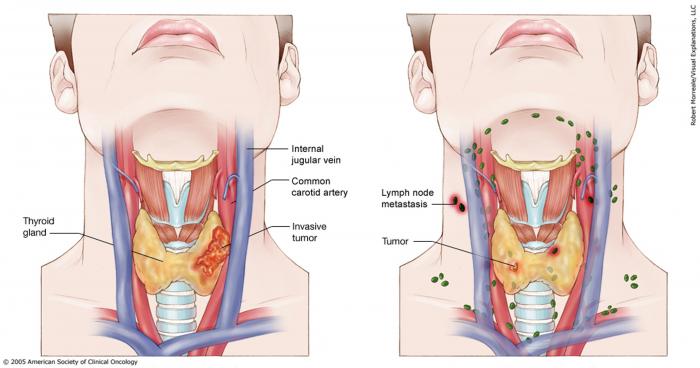They are for people diagnosed with bile duct cancer between 2000 and 2006.
Stage 3 bile duct cancer prognosis.
A stage 1 patient has a five year survival rate of thirty percent.
Those who have bile duct cancer outside the liver have slightly better chances.
At stage four the survival.
Bile ducts connect your liver to your gallbladder and to your small intestine.
Cholangiocarcinoma is cancer that forms in the slender tubes bile ducts that carry the digestive fluid bile.
The statistics below come from america.
If the cancer is diagnosed at an early stage the 5 year survival rate is 24.
Tumours that are in later stages they have spread into nearby lymph nodes or organs far from the bile ducts have a less favourable prognosis.
The seer database however does not group cancers by ajcc tnm stages stage 1 stage 2 stage 3 etc.
The 5 year survival rate for intrahepatic bile duct cancer is 8.
The stage of a bile duct cancer is determined by the results of the physical exam imaging and other tests and by the results of surgery if it has been done.
Doctors also use a cancer s stage when talking about survival statistics.
Based on the 5 year survival rate stage 4 bile duct cancer prognosis intrahepatic bile duct cancer prognosis and distal and perihilar bile duct cancer prognosis is only 2.
The disease has spread to the main portal vein the common hepatic artery duodenum first part of the small intestine colon stomach or abdominal wall but not beyond.
Tumours that are in the early stages when the cancer is found have the most favourable outcome.
The american joint committee on cancer ajcc tnm system.
The common bile duct cancer prognosis for stage 1 increases to 15 and for stages 2 and 3 by 6 for intrahepatic bile duct cancer.
They come from the national cancer institute s seer programme.
Stage iii stage 3 bile duct cancer.
If the cancer has spread to the regional lymph nodes the 5 year survival rate is 7.
This drops to twenty four percent for stage 2 and stage 3.
Stage iii bile duct cancer is divided into two subcategories.
This condition also known as bile duct cancer is an uncommon form of cancer that occurs mostly in people older than age 50 though it can occur at any age.
Bile duct cancer arises from the cells that line the bile ducts the drainage system for bile that is produced by the liver bile ducts collect this bile draining it into the gallbladder and finally into the small intestine where it aids in the digestion process.
Bile duct cancer is a rare form of cancer with approximately 2 500 new cases.
Bile duct cancer is also called cholangiocarcinoma.
The stage of bile duct cancer is an important factor in determining the outcome.
There are no uk wide statistics available for bile duct cancer survival by stage.

